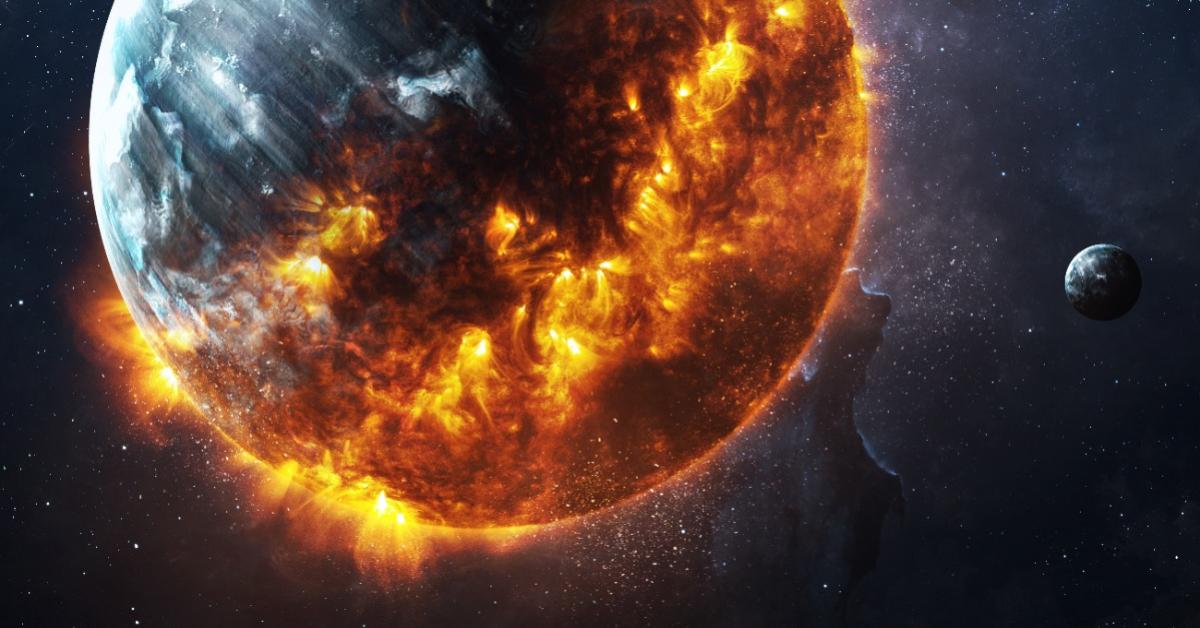
For those of us who see the world’s glass as half empty, a book entitled The End of the World Is Just the Beginning makes the pulse race in anticipation. The author, Peter Zelhan, doesn’t disappoint. R.E.M.’s “It’s the End of the World as We Know It, (and I Feel Fine)” comes to mind.
Not to give away the punchline, but what’s ending is globalization. What Zelhan calls the Order is what has made globalization tick. But “The halcyon days of 1980–2015 are over.” Uncle Sam’s commitment to the global order—i.e., policing the world’s shipping lanes and opening a can of military whoop ass whenever needed “hasn’t served Americans’ strategic interests since the Berlin Wall fell in 1989.”
Some country somewhere is going to screw up the Order, according to Zelhan. Exporters won’t get their goods to consumers, and ultimately, the end of the book is all about, gulp, famine. Globalization drove everything and we’re all used to it. Zelhan’s book taps you on the shoulder and says get used to deglobalization, or worse yet, decivilization.
Of course, not all countries will end up starving. Besides, all of Zelhan’s moving parts; weather patterns, demographics, economics, and reproduction rates may not turn out exactly as his crystal ball projects. His case, however, is compelling and he shatters more than a few views which are commonly held. For instance, to listen to American politicians, we’ll be living under the thumb of the Chinese any day now.
Investor Jim Rogers used to go on and on about having you kids learn Mandarin because China would rule the world. However, China is the fastest-aging population in human history, writes Zelhan. “In China the population growth story is over and has been over since China’s birth rate slipped below replacement levels in the 1990s.” The country will go from emerging market to “postindustrial demographic collapse in a single human lifetime.” In 2070, the Chinese population will be half what it was in 2020.
Austrian economists know that the division of labor and comparative advantage are what creates wealth. Murray Rothbard explained:
Another implication of the law of comparative advantage is that no country or region of the earth is going to be left out of the international division of labor under free trade. For the law means that even if a country is in such poor shape that it has no absolute advantage in producing anything, it still pays for its trading partners, the people of other countries, to allow it to produce what it is least worst at.
What turbo-charged comparative advantage was shipping costs plummeting during the past few decades (until covid) and port turnarounds shrank. Thus, cheap goods flowed everywhere, with consumers benefiting. Plus, production of higher order goods could be spread in dozens of locations. “By 2019, containerships carried approximately 50 percent of total global trade by value, up from functionally zero in the early 1960s,” Zelhan writes.
Now, Zelhan believes “countries looking down the maw of demographic oblivion and globalization’s collapse” will force people and countries to look after their own needs, making everyone (and countries) less efficient and less productive, leading to a downward spiral to decivilization. What we’ve assumed as normal for the past seven decades or so, Zelhan describes as a historical anomaly.
Demographics is the soapbox from which Zelhan yells. As of 2019 the earth had more people over sixty-five than people five and under. He provides the awful anecdote that thirty thousand Japanese die alone in their apartments and are not discovered until … well, you know.
And, by the way, the only way various varieties of socialism have kinda, sorta worked is America’s maintenance of the Order. No Order, no globalization, socialism dies lickity split. Zelhan says a permanent recession is their best case.
The good news for America is the millennials. The rest of the world’s boomers didn’t procreate at the same rate as Americans. The USA’s labor crunch will recover in the 2040s. “But for the rest of the world, it will never get better than it was in the 2010s. Never.”
Plus, America has energy, fertile land, and navigable waterways.
Zelhan devotes some of the book to the history of money and currencies that economic historians will take issue with, but it doesn’t distract from what is a thought-provoking look into the future, written with much more pizzaz than one would expect.
The next two decades are going to be tough according to Zelhan. But, for North Americans the 2040s are going to be great. Let’s keep our fingers crossed.





